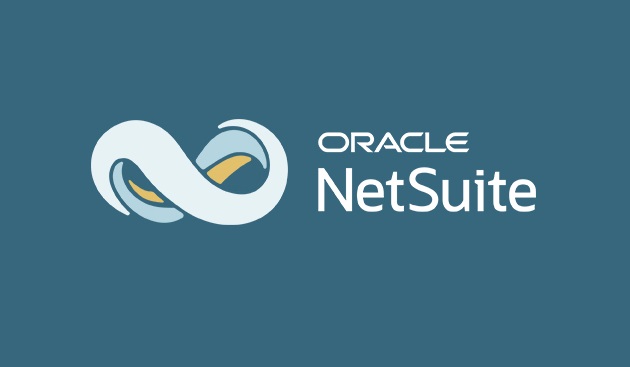The Internet has fundamentally changed the practice of public accounting by
exponentially expanding our productivity and by providing an enormous array
of professional tools. As I see it, expanding options for practitioners is really
a double-edged sword: We (mostly) have a preference for variety and even for
novelty, and, the more choices we have, the better the chance that we will each
find the product we really want. But too much choice can actually paralyze people,
leaving them, paradoxically, worse off.
Too Many Choices
A well-known experiment conducted by Professors Mark Lepper and Sheena Iyengar
(economists at Stanford and Columbia, respectively) illustrates the point: They
set up two tables in a supermarket, one with 24 jars of jam and the other with
six. And discount coupons were offered to anyone who stopped to sample the jams.
Of the people who stopped at the 24-jars-of-jam table, only 3 percent went on
to buy jam, while 30 percent of the people who stopped at the six-jars-of-jam
table went on to buy jam. Too many choices, it seems, often frustrates us if
we have no reasonable way to navigate through the choices.
I’ve observed the effects of this phenomenon as our profession moves,
sometimes painfully, from the analog (paper) age to a new digital (“paperless”)
one. When presenting at one of the larger summer tradeshows, I walked the show
floor and counted 14 vendors that offered “document management systems”
(DMS). A quick review of this magazine and a few others serving the profession
revealed that there are over 30 DMS products currently being marketed to the
public accounting profession. Perhaps it’s that expansive array of choices
that’s paralyzed nearly two-thirds of the public accounting firms in America
to the point of inaction, leaving them without the one tool absolutely required
as the centerpiece of their journey toward the digital future.
A Way To Solve The Problem
It’s not that these firms don’t WANT to move forward. They most
certainly do. They see their friends and competitors reaping the benefits of
the move to digital documents. The problem is that the urgent continually gets
in the way of the important along with the fact that the DMS decision (that’s
the “important” one here) is so complicated. In my opinion, that
complication is caused, in great part, by the sheer number of alternatives to
consider. I vetted this opinion with several of the “Dream Team”
(our regular columnists), our DMS reviewers, and some of the country’s
most well-respected technology and practice management consultants. After a
dozen or so conversations and after hearing the same agreement over and over,
I concluded that this was a root problem and furthermore concluded that these
experts, collectively, along with the vendors in the space, had the domain knowledge
to simplify, if not solve, the problem.
A Solution: The Document Management System Product Selector
Our solution: The Document Management System Product Selector. We’ve harnessed
the power of the Internet to quantify, qualify and organize that deep domain
knowledge and deliver it, highly personalized, to the small and medium-sized
tax and accounting firms that so desperately need it. The process required that
we design a comprehensive set of primary survey questions, the answers to which
would allow us to suggest the three most appropriate DMS products for the specific
firm that took the survey. It initially appears simple, but the underlying logic
and related algorithms are anything but. Each of the involved columnists and
reviewers and every single vendor product manager had to match every possible
answer to one or more possible products. Realizing that there are nearly 30
questions (depending on how each is answered) and that each question has multiple
possible answers (there’s no “yes and no” here because we
need much more granularity), that every product has many, many features and
capabilities and, finally, that each of those capabilities and features are
more or less important to each firm … well, you get the picture. It’s
a Rubik’s cube with each firm defining and redefining the colors!
The DMS Product Selector will soon be available on our website (www.CPATechAdvisor.com).
Like its sister, the Productivity Survey, it’s free and anonymous. Thousands
of practices complete our Productivity Survey to help them understand how their
technology and related business practices stack up against their size peers,
nationally, and their neighboring competitors. The DMS Product Selector will
be similarly helpful to firms beginning their journey into the era of digital
documents.
FOOTNOTE: I’ve finally reached nirvana in small business
transaction recording. I use QuickBooks Online Edition to track and bill my
travel expenses to various conferences and tradeshows. As my number of travel
days increased along with the number of entities ultimately responsible for
my expenses, I found I needed an “always there” solution. QuickBooks
Online Edition filled that need. Since virtually all of my expenses are on a
business credit card, and I maintain a separate checking account for payments
and reimbursements, QuickBooks Online Edition’s “Online Banking”
feature automatically connects and downloads ALL of my transactions. Since my
bank offers electronic bill pay, disbursements are initiated electronically
and then QuickBooks Online Edition pulls them directly into the GL. My credit
card transactions are also harvested into QuickBooks Online Edition. The end
result for me is absolutely no data entry … ever … and no reconciliations.
This is a system that’s, by definition, always accurate and always up-to-date.
I’ve been dreaming of this for years. Like I said, it’s nirvana!
Thanks for reading CPA Practice Advisor!
Subscribe Already registered? Log In
Need more information? Read the FAQs



